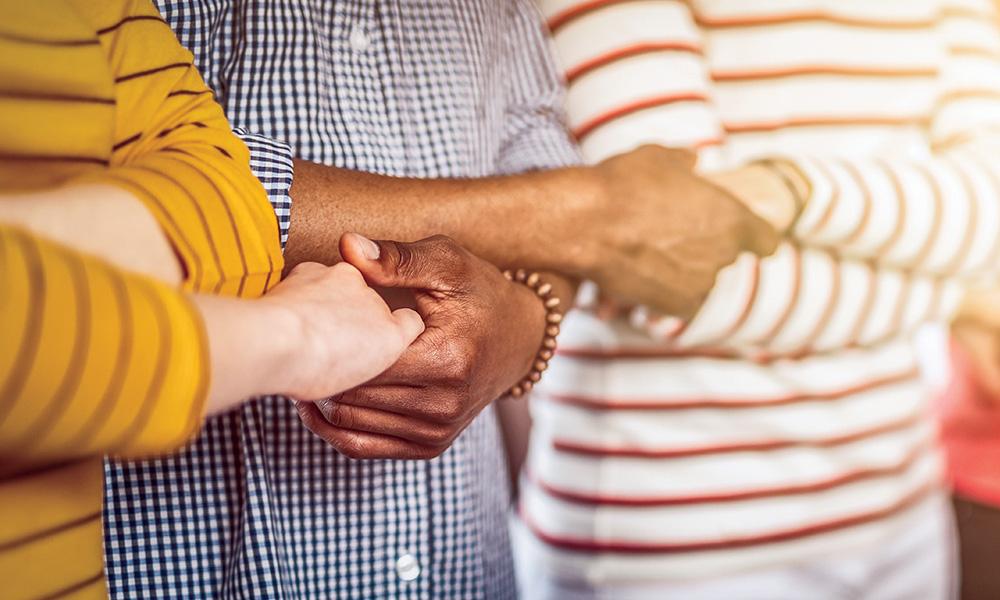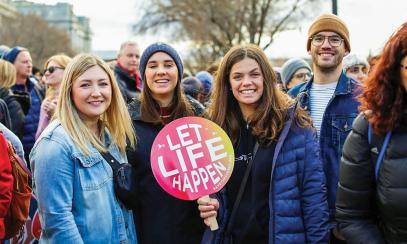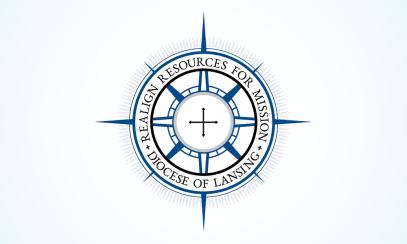
A Learning Approach to Racism
Our nation is still mourning the murder of George Floyd. The unjustifiable excess of violence that caused Mr. Floyd’s death precipitated more violence and exacerbated the tensions and division the U.S. has always experienced. We continue turning away from each other, siloed in our groups, unwilling to dialogue and build community: isolation fuels ignorance, indifference, and fear.
As Christian Catholics, this isolation is a sharp contradiction of the communal aspect of the Gospel. We are called to go out to the peripheries of society and bring our own lives as witnesses of the values of the Gospel. However, we are afraid we do not know what to say, and, worst of all, we might wrongly believe that racism does not affect us or that we have nothing to do with racist structures.
How do we even begin a conversation about racism? Well, I don’t have infallible formulas to share. Father Bryan Massingale, an ethicist at Fordham University, framed this challenge eloquently, saying “we don’t know what we are talking about, we don’t know how to talk about it, and we don’t want to talk about it.”
However, it must be pointed out that ignoring the sin of racism altogether, dissociating ourselves from the responsibility on it, and inaction to eradicate what the U.S. bishops called a “radical evil,” stream from the same sinful source. So, we need to talk about it.
Reflecting on how the diocesan Office of Hispanic and Ethnic Ministries responds to the invitation of our apostolic administrator, Bishop Richard Pates, to fight the sin of racism, I want to share some guiding learning principles to educate ourselves on the reality of racism and how to embrace a possible dialogue. I recognize that my approach is not definitive. It is limited. It is not a solution. But silence is no longer a choice; we need to learn how to approach racism. If we want to eradicate it, I believe that educating ourselves from a position of ignorance is an essential first step.
Be humble to recognize we do not fully understand racism
Many believe that racism is only hatred toward African Americans. Even if this statement were true, that assumption is incomplete. Racism, succinctly put, is when one racial group has more power than another (earned or not) and uses that power against others (knowingly or not). It is structural rather than individual. It might take the form of baselessly assuming that one group is “the norm to follow,” needs to be treated better, and uses that assumption to deny equal treatment to others.
This happens with our active or passive involvement, whether we verbalize it or remain in our private conversations about it, and sadly, it happens regardless if we realize it or not. Racism is a culture that fosters one set of values, beliefs, and assumptions that define one human group and shapes the societal understanding, values, identity, worthiness according to those assumptions.
Embrace the uncomfortable
The challenge of educating ourselves about racism is that it makes us uncomfortable. We fear we will be accused of being a racist person, that we would say something that can offend others, or that we need to fight people. Learning occurs when we allow this discomfort to be part of the conversation. It is going to be uncomfortable, perhaps you are already uncomfortable reading this.
Once you embrace this reality, learn by listening to people’s lived experiences — no speaking. The speaking part will come later. Listen attentively to the story of African Americans, Native Americans, Latinxs, Asians, women, and others, as they live it.
Listen to their complaints and learn why it matters for them. Resort to the virtue of prudence to hold in any uninformed, rationalized, and preconceived arguments you may have that question the legitimacy or validity of their story. If your intentions are Gospel-inspired, and you genuinely want to learn, the uncomfortableness will not be threatening to anyone.
Learn to recognize our involvement in racist structures
Racism is much more than racial biases. The murder of George Floyd devastated most of us, and certainty we will tell ourselves that we don’t hate people, that we will never commit such a sinful act, and therefore we might believe that “we are not racist” and that “we are different.”
But that interpretation is flawed, and that’s one of the challenges when speaking about racism: we believe it’s the problem of a few “bad ones,” and it exonerates us from the responsibility to eliminate it. Racism builds upon structures that grant the status of “good,” “normative,” the presumption of “good moral character,” and innocence to some and deny it completely to others.
We might have never put our knee on someone’s neck or march with swastikas. However, many of us have benefitted from this “presumed goodness,” justifying it on the basis of our skin color, our socio-economic status, the neighborhoods we live, the jobs we have, or our educational attainment, and, whether we realize it or not, the end result is a delegitimization of those who do not possess those attributes.
Upon this sinful conviction, laws have been enacted; decisions are made; leaders have come to power; people are hired or denied employment; budgets are allocated; migrants, refugees and asylum seekers are denied legal status; curriculums in schools have been designed; interest rates in loans are assigned; distribution and access to resources have been “legally” denied to some people. And we have been a part of, enabled or benefited from these practices. It can be the case that a person does not engage in racial prejudice or racial discrimination and has the purest of intentions accepting people of color and yet benefits from the structures that favor one group over the other.
Ask forgiveness
It is not enough to say that racism is a sin. We also need to own up our sinner status, even If “we say we have no sin, we deceive ourselves, and the truth is not in us” (1 John 1:8). The Catechism calls this the sin of omission (Catechism #1853), and the social doctrine of the Church teaches us that sin has social dimensions; sin always affects the community. We need to publicly ask forgiveness for willfully ignoring and cowardly refusing to recognize our involvement in justifying and allowing a culture that caused pain, injustices, and burden on some and uncritically privileging others. Here is when we begin to speak.
I suggest we begin in our examination of conscience (Catechism #1454) to unlearn the distorted idea of a country that believes that some people are of less value. Unlearning could be a conversion experience that gets us closer to the values of the Gospel — and, thus, closer to Christ.
“What is needed, and what we are calling for, is a genuine conversion of heart, a conversion that will compel change, and the reform of our institutions and society,” the U.S. bishops wrote in their 2018 pastoral letter on racism, called “Open Wide Our Hearts: The Enduring Call to Love.” “Conversion is a long road to travel for the individual. Moving our nation to a full realization of the promise of liberty, equality, and justice for all is even more challenging. However, in Christ we can find the strength and the grace necessary to make that journey.”
Some of us might recognize that we benefit from a system that privileges one group over others, but if we do nothing about it, all our thoughts and prayers remain useless. As the prophet, Micah reminds us: “And what does the Lord require of you? To act justly [emphasis mine] and to love mercy and to walk humbly with your God” (Micah 6:8).
Daily life changes will foster social transformation
I’ve been growing in awareness and allowing myself to be challenged by the reality of the sin of racism. I remember watching Ted Talks on the experiences of minorities and disenfranchised peoples that moved me to pray — how many times have you prayed after a Ted Talk?
Listening to people’s experiences opened my horizons to realities I did not see or understand before. Now I know I must go to the real world and listen; I must be humble to accept that I do not fully understand. I also must commit and inspire other Catholics to take the sin of racism seriously -— and I already know it would be uncomfortable.
That is why I share these thoughts and learnings. During Saint John Paul II’s apostolic visit to St. Louis in 1999, he urged American Catholics to eradicate racism. The U.S. bishops echoed the Holy Father by stating that racism is a pro-life issue. It is not a matter of doctrine; it is a matter of putting that doctrine into action.
I invite the Catholic community in the Diocese of Joliet to reflect, be challenged and build upon this learning approach. Racism is hurting the people of God. It is also dividing a people who pledge to be united as one, holy, Catholic, and apostolic Church. Until we recognize racism as a societal problem and not merely as “the problem of a few,” our spiritual wellbeing, our sense of a community of faith and our societal conviction of the self-evident truth that all human beings are created equal is put into question.
I firmly believe our faith has much to offer to American society, but we need to be prophetically brave to be challenged, to embrace the uncomfortable and act in ways that reflect this process.
For resources on racism, visit the Office of Hispanic and Ethnic Ministries’ website at http://dioceseofjoliet.org/hispanicministry/.



